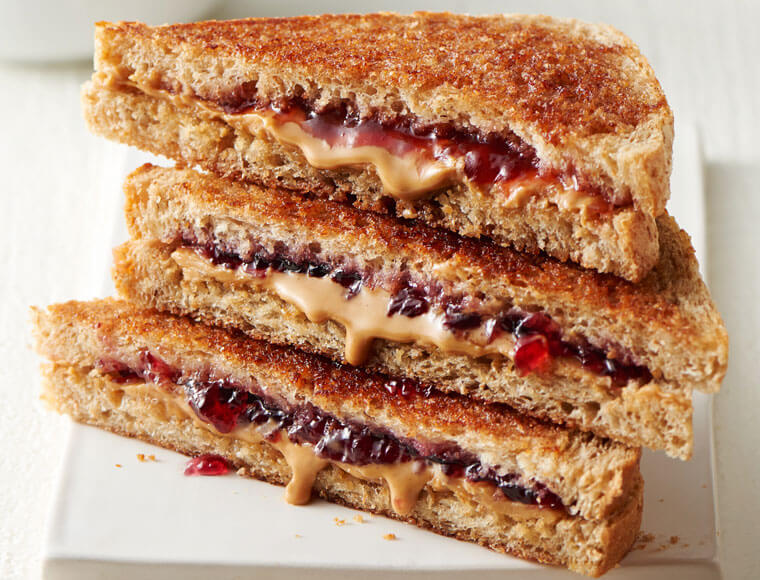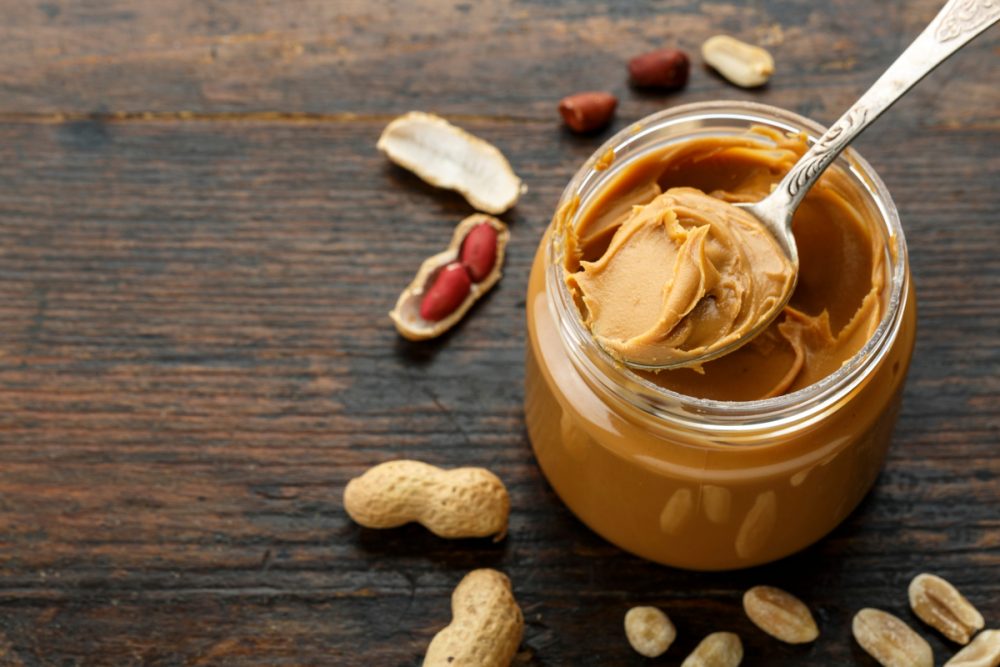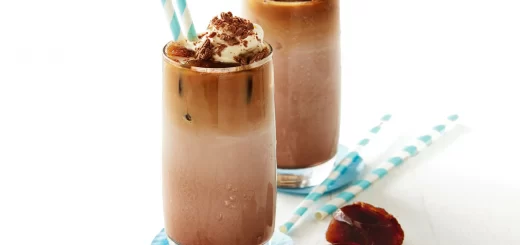Peanut Butter, Weight Loss Food For Health Lovers
Peanut butter is another popular food for its delicious taste. They go well with both savory and sweet foods. Therefore, it is not surprising that many people have a jar of peanut butter in their home. Which apart from the taste and deliciousness Peanut butter may be an unexpected weight loss aid.

Peanut butter isn’t the first thing many people think of when they want to lose weight, but peanut butter is actually loaded with many nutrients that are beneficial for weight loss such as protein, D fat, vitamin E, vitamin B3, vitamin B5, vitamin B6, folate. Or vitamin B9, magnesium, copper or manganese, etc. However, eating too much peanut butter can have a negative impact on the body. As 100 grams of peanut butter provides 588 calories, consumers should only eat in moderation.
Peanut Butter and Weight Loss
Even though peanut butter is Weight loss food Overlooked Plus some people still think of the negative effects of consuming peanut butter. But the weight loss benefits of this diet have been studied in several ways:
Decreased appetite
Because peanut butter is a food that is high in good fats and protein. It may make consumers feel full faster. As a result, the appetite is reduced as well. This is especially beneficial for those who want to lose weight. Peanut butter protein is also an important part of building muscle mass during weight loss. Make the metabolic system work normally Consumers have continued to lose weight.
Maintaining normal weight.
While peanut butter is high in fat and calories, it does not cause consumers to gain fat or gain weight. With research showing that Consuming peanut butter may help you control your weight better than not consuming it at all. And if you eat peanut butter on a regular basis, it may result in lower body mass index or BMI (Body Mass Index).
Having a slower weight gain
Professionals say Peanut butter is one of the foods that are Glycemic Index (GI), which helps to control weight and blood sugar levels. Makes you feel full longer Plus increasing the amount of energy in the body Eating peanut butter has resulted. The blood sugar level increases gradually after eating. Consumers’ body weight therefore increases more slowly than eating processed foods or starchy foods that may have a high GI, even though they are eaten in smaller amounts.

How to safely eat peanut butter
Eating peanut butter to provide the body with the full and safe benefits for weight loss. Consumers should always observe the label on the product first. To get the right kind of peanut butter for yourself And should be careful of some disadvantages such as
- Some brands of peanut butter contain high amounts of sugar, salt and preservatives that can affect health. Consumers should therefore choose natural peanut butter. Or such free peanut butter Which is better for your health and helps you lose weight.
- Coarse peanut butter contains more fiber and folate than the granular type. Which may help strengthen the digestive system But fine peanut butter may contain more protein than the coarse type.
- Consumers should eat the amount of peanut butter that is suitable for them. It will vary from person to person. So as not to allow the body to get too many calories.
- People who are allergic to peanuts or peanut butter should avoid eating peanut butter. If you find any abnormality, stop eating and see your doctor immediately, such as vomiting, abdominal cramps, diarrhea, indigestion, wheezing. Or severe severe allergic reactions, etc.
- Each brand of peanut butter may be vulnerable to mycotoxins such as Aflatoxin In different quantities Consumers should always check the packaging first. If abnormalities are found, they should not be eaten. This is because overexposure to large or small amounts of this substance can result in convulsions, difficulty breathing, liver damage, heart damage and brain swelling. And may increase the risk of liver cancer
However, the key to losing weight with peanut butter is. Consumption with moderation You may eat only 1-2 tablespoons per meal, not more than 2-3 times a week. In combination with a healthy diet Avoid junk foods that contain sugar or trans fats. Exercise regularly Including refraining from smoking or drinking alcohol In order for this weight loss to be successful with continued good health.



